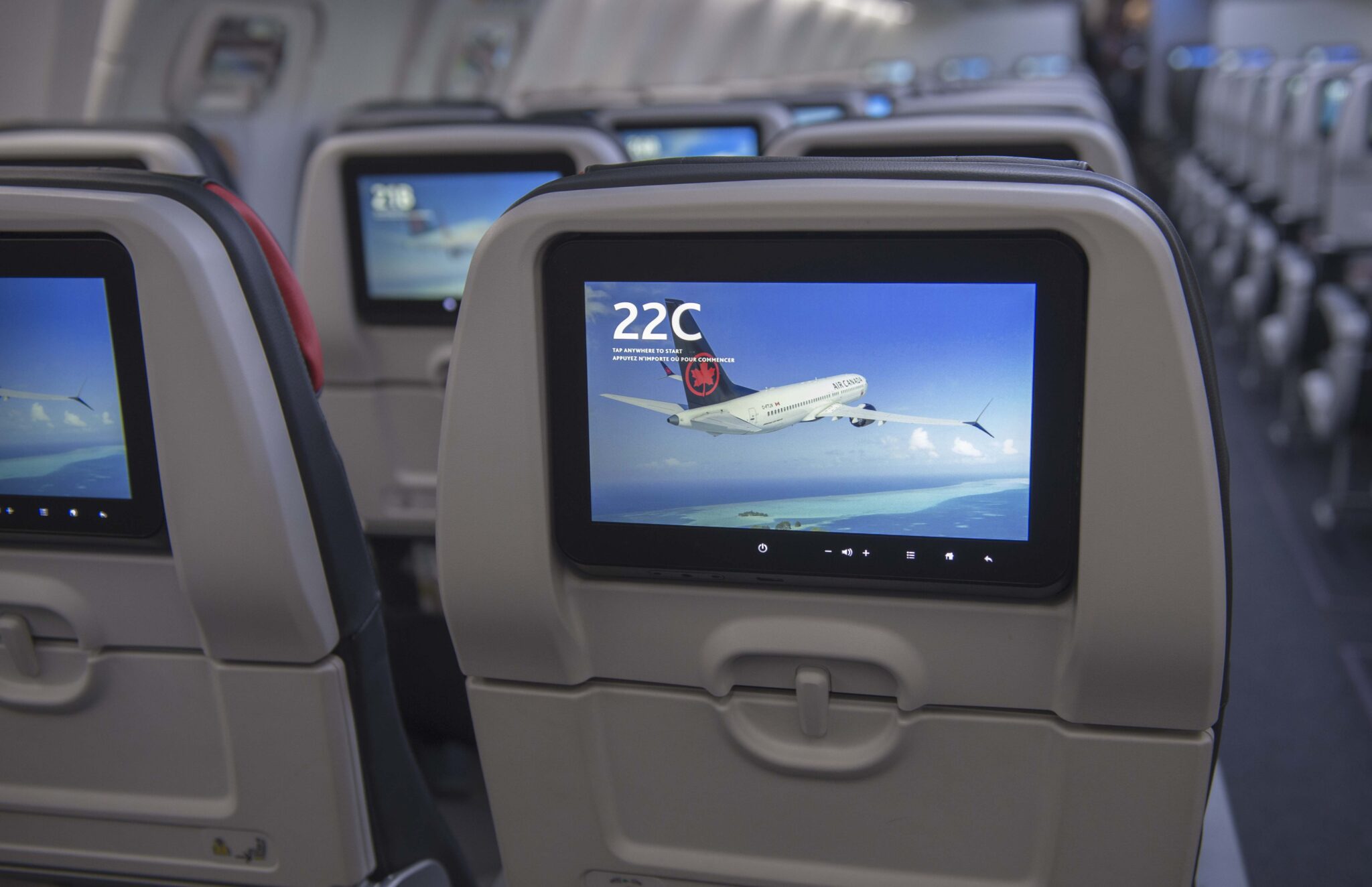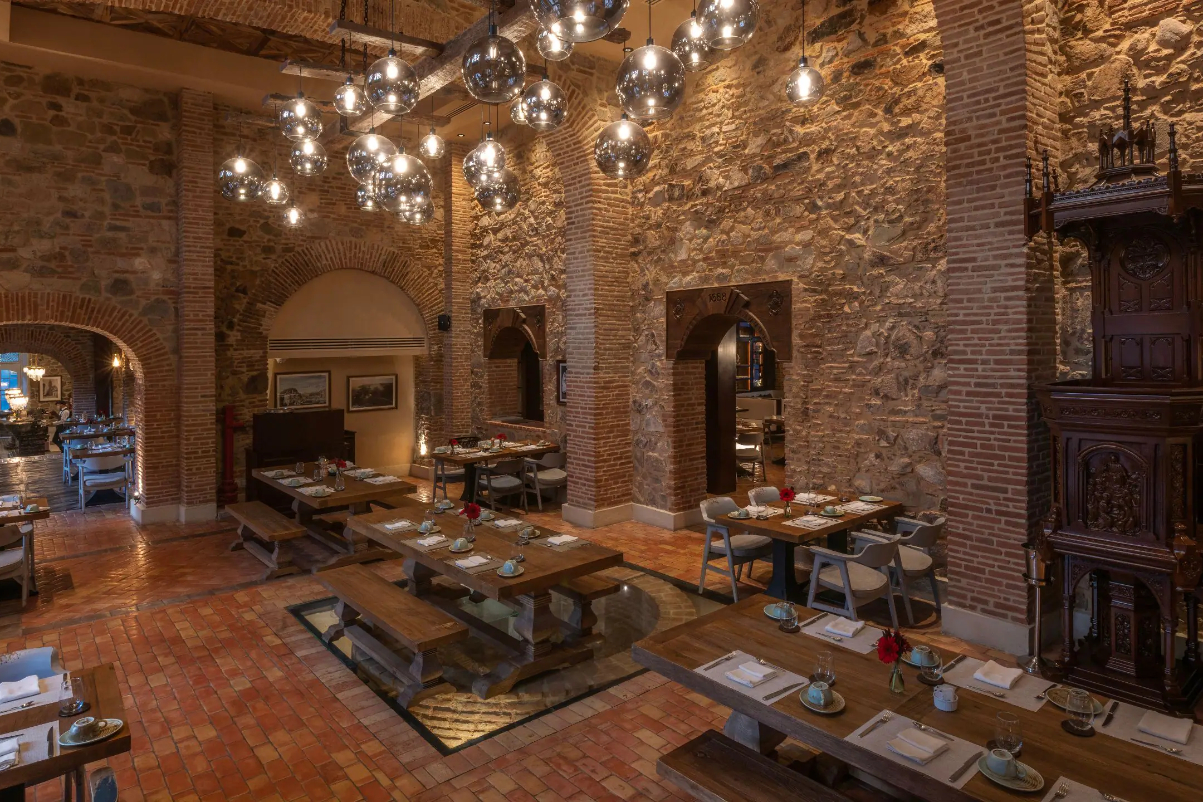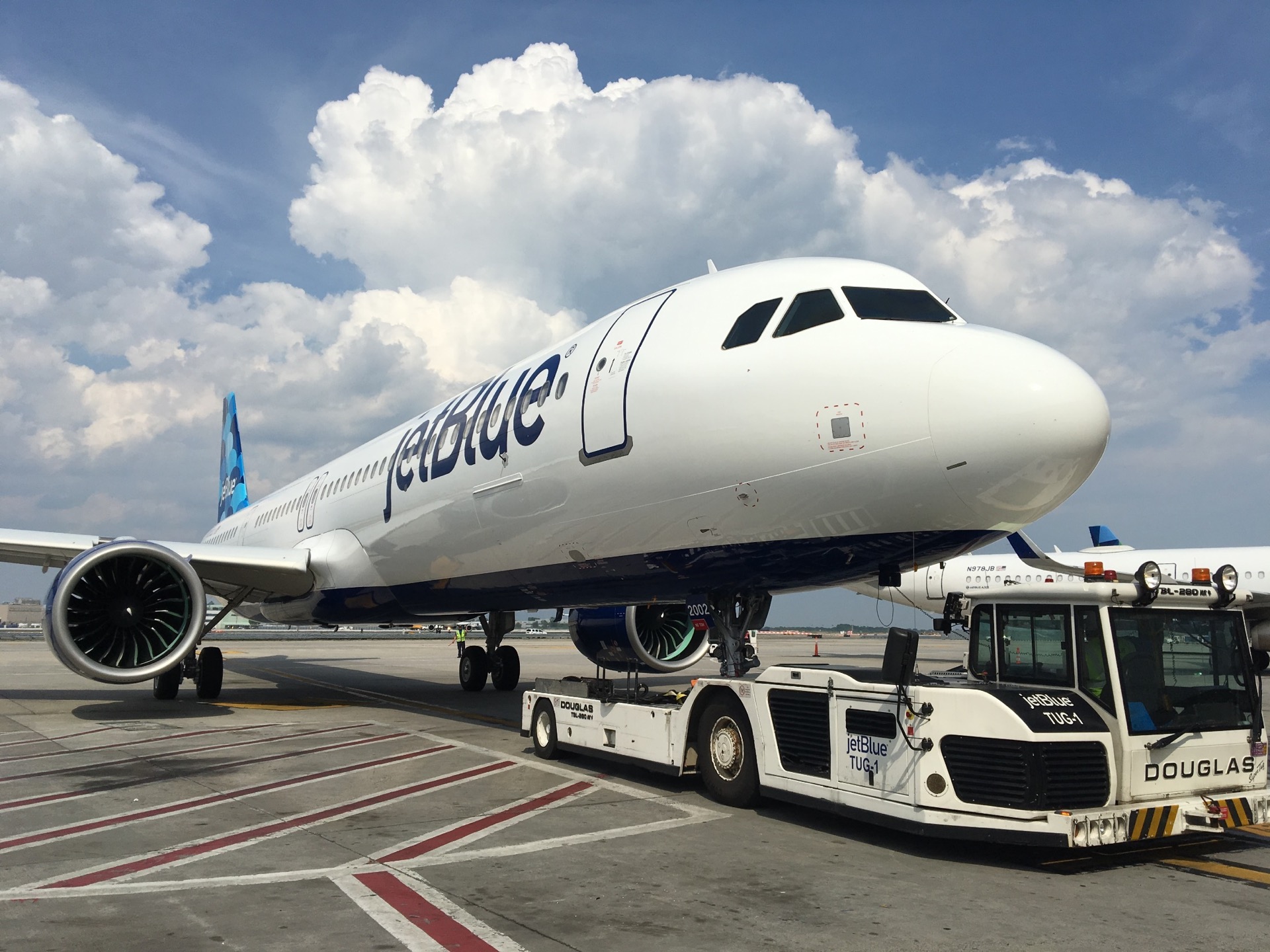What Now for Hilton After HNA Sells Stake?
Skift Take
HNA Group, which has been selling assets under orders from the Chinese government, revealed Thursday that it will be selling its 26 percent stake in Hilton Worldwide. That position is worth $6.3 billion and analysts believe it could net HNA a profit of up to nearly $2 billion.
In March, HNA Group sold its 25 percent stake in Hilton Grand Vacations for $1.1 billion, as well as putting up for sale its $1.4 billion stake in Park Hotels & Resorts, the real estate investment trust that spun off from Hilton in 2017.
HNA originally announced it would buy its stake in Hilton in October, 2016, purchasing a total of $6.5 billion in shares from the Blackstone Group.
In 2017, Hilton completed its spinoff of its timeshare business, Hilton Grand Vacations, and its real estate investment trust, Park Hotels & Resorts. Following the spinoff, HNA received a quarter stake in all three entities. HNA’s current stake in Hilton is now 26.1 percent, after share buybacks.
Earlier this year, rumors began swirling that HNA would sell its stake in Hilton Worldwide. Hilton declined to comment on Thursday’s news regarding HNA’s share sale.
But CEO Christoper Nassetta addressed the issue back on March 5. “It’s been a question that we’ve had from lots of investors,” Nassetta said during an interview with Bloomberg Television. “It will eventually resolve itself, and in the interim it does create a little bit of uncertainty, and there’s not a whole heck of a lot that I can do about it.”
During Hilton’s fourth quarter 2017 earnings call, Hilton Chief Financial Officer Kevin Jacobs said he wouldn’t comment on HNA, only to say, “We have a shareholder agreement with them that contains protections for shareholders, and that’s probably all I will say for now.”
Now the question arises: Who will buy the HNA stake and what does it all mean for Hilton?
Hilton’s Securities and Exchange Commission filing detailing HNA’s intent to sell its shares noted that the share sales would be carried in one or more public stock offerings, the timing of which will depend on market conditions.
Analyst sentiment regarding the share sale was positive.
“HNA’s approximate 26 percent ownership has caused some investor uncertainty amid various media reports regarding the health of HNA’s business,” Michael Bellisario, a senior research analyst at Robert W. Baird & Co. wrote in an investors note about the share sale.
HNA’s investment in Hilton is the “primary reason” why Hilton’s shares are lower than its primary competitor, Hilton, and he added, “Net, net — we would view HNA’s exit as a positive for shares and valuation.”
Hilton’s stock price was holding steady, trading at about $78 per share at noon on April 5, a few hours after HNA’s announcement. Its close price on April 4 was $78.03. In the past year, Hilton’s shares are up 38 percent in the past year.
Bellisario also noted that an incremental $1 billion share repurchase might also prove to be a boost on Hilton’s earnings per share by approximately 2 percent.
HNA Group has multiple investments in a variety of global travel and hospitality companies that also include Carlson Hotels, Red Lion Hotels, NH Hotels, and Hainan Airlines among them.
Chinese investment in hospitality companies is a trend that has gained tremendous momentum in the last few years, with conglomerates such as HNA and Anbang making major moves in the space. These two entities, in particular, have faced tremendous pressure from the Chinese government in recent months to pay off their massive debts.
There’s still some possibility another Chinese corporation may express interest in buying up HNA’s Hilton shares. Or, perhaps, another group such as Blackstone Group would want to invest once more.
What’s clear, however, is that HNA’s investment not only in Hilton but in various global travel companies could have a ripple effect on the industry. And for some companies, HNA’s divestiture of its shares could prove to be a good thing.
On Thursday, Skift spoke with Red Lion Hotels Corporation CEO Greg Mount and Chief Financial Officer Doug Ludwig who confirmed that HNA has asked RLHC to register its shares for sale. HNA has more than three million shares in RLHC that are worth approximately $30 million.
“It’s a meaningful amount, but probably the smallest investment they have of their various lodging segments,” said Ludwig.
“We see it being positive to our stock when they do choose to sell their shares into the market,” Ludwig added. “Right now, everyone is waiting for them to come to market with selling our shares. When they actually choose to do that, the shares will end up with a lot of our existing shareholders. It will free up trading activity in our stock where we will achieve higher levels … we view it far more as a positive than a negative.”
UPDATED: This story was updated to include analyst comments, stock price reaction and background on both HNA and Hilton.




